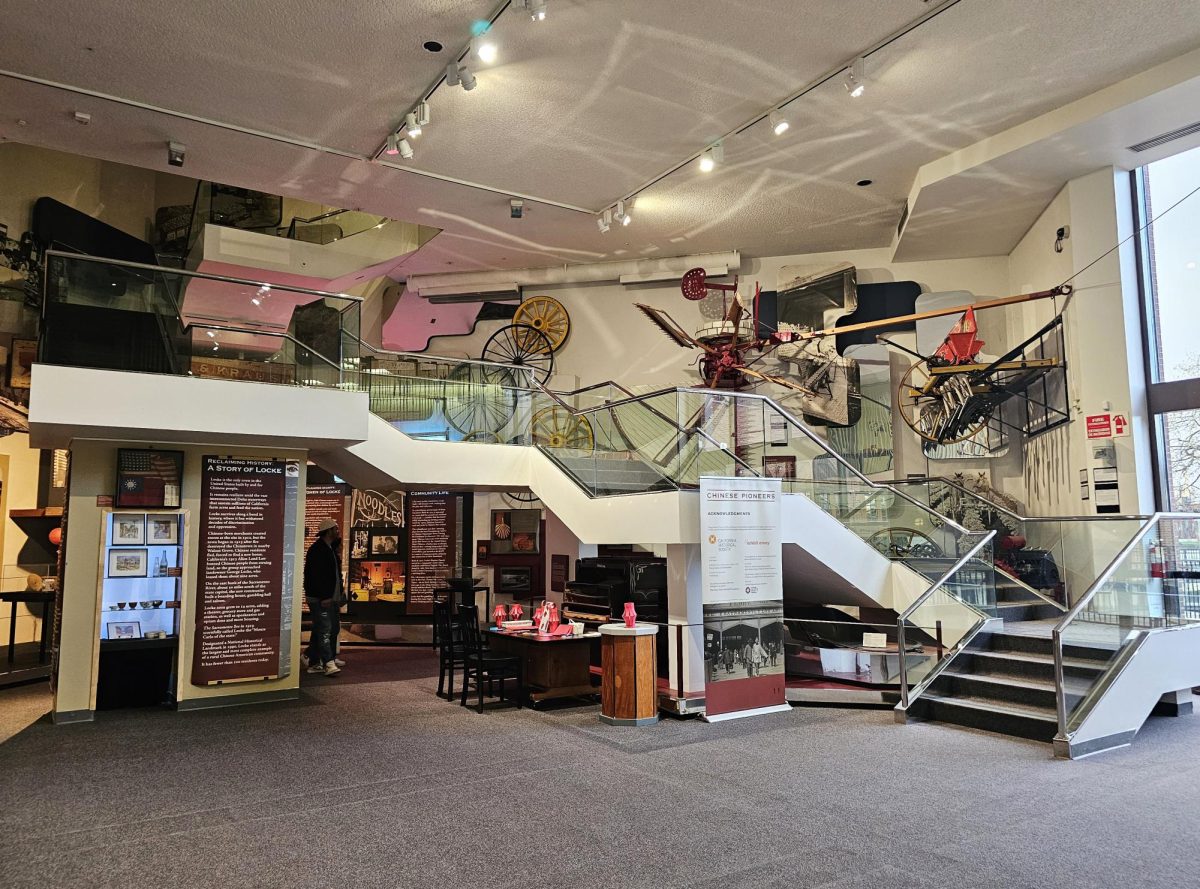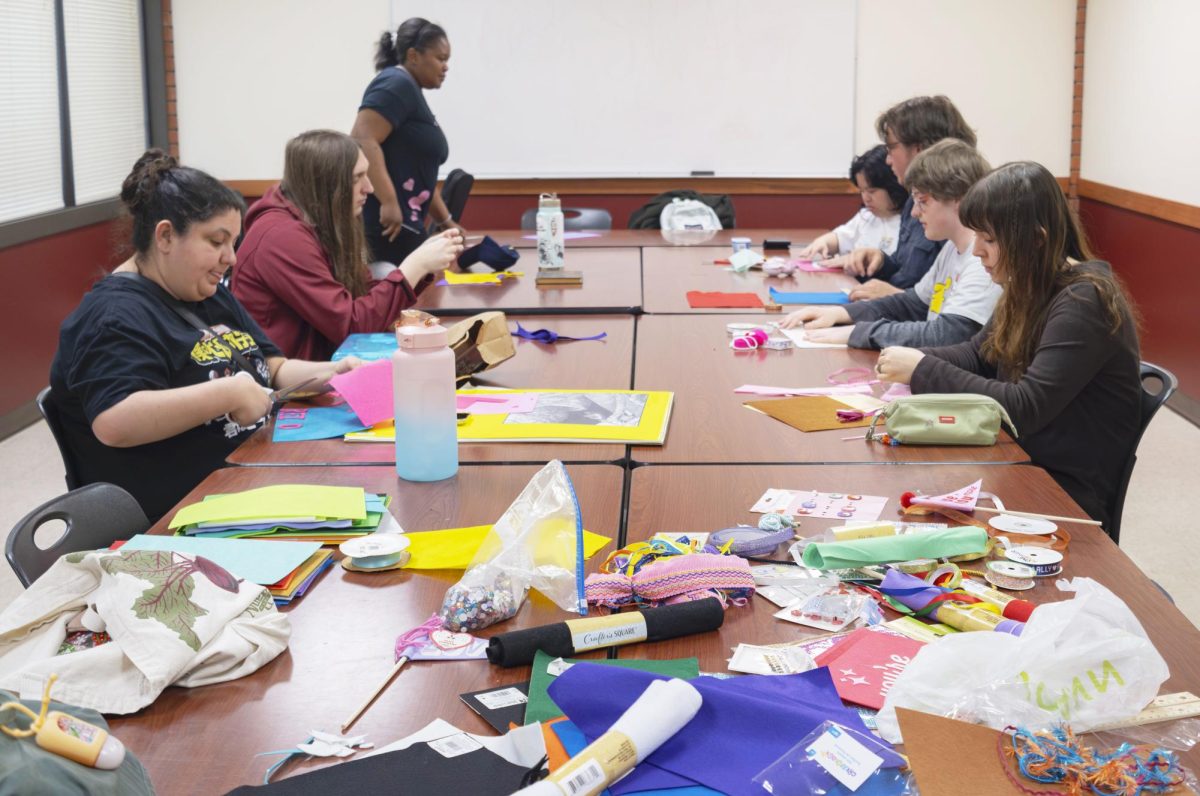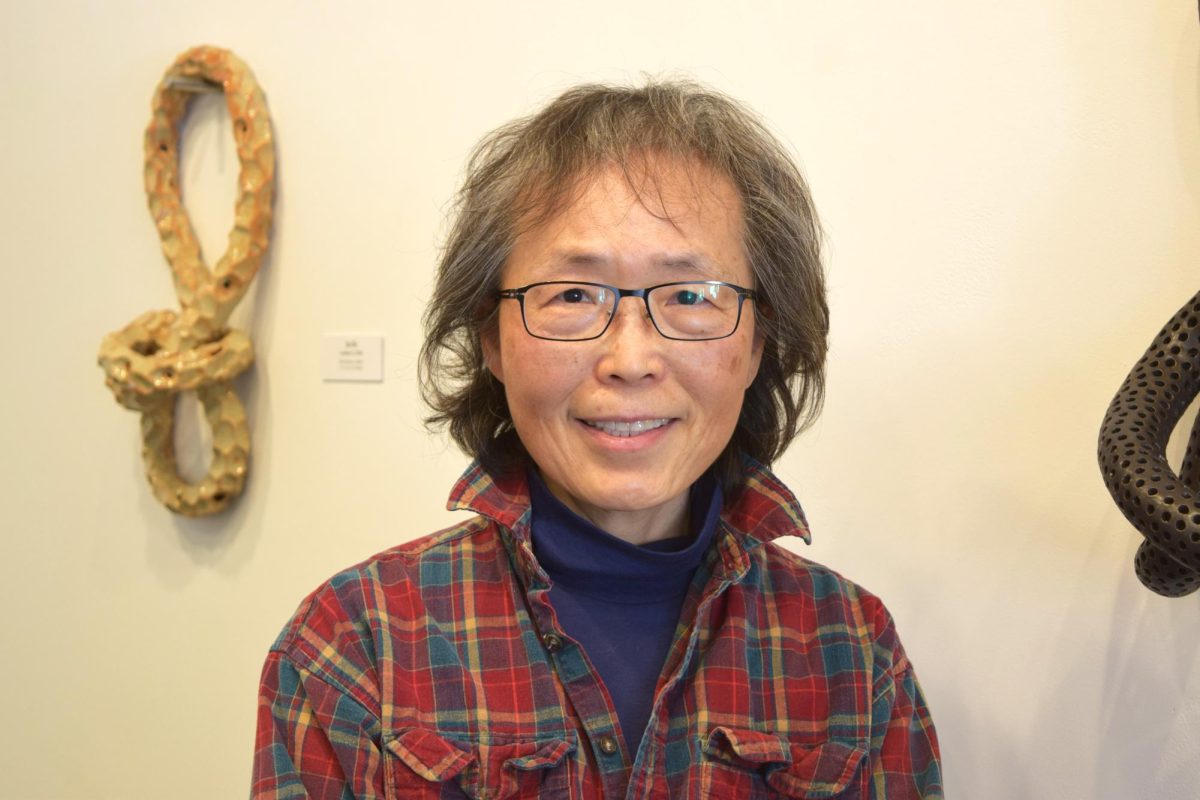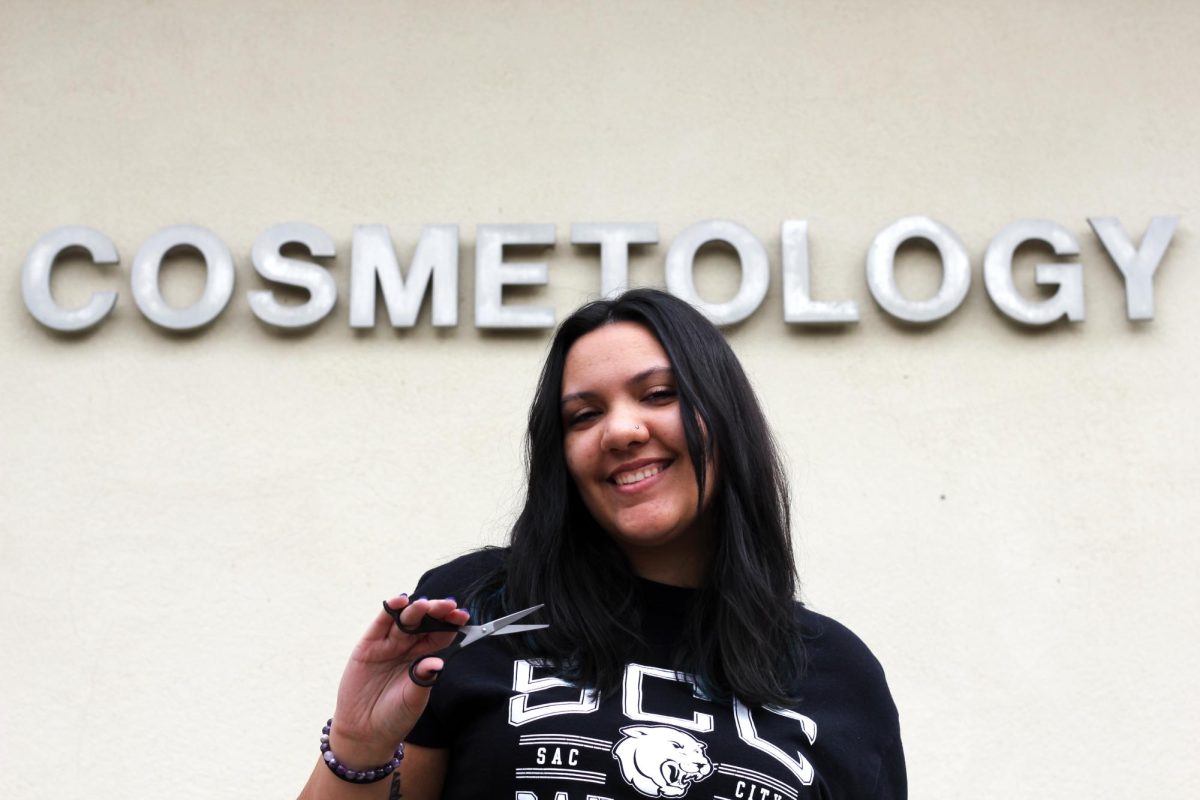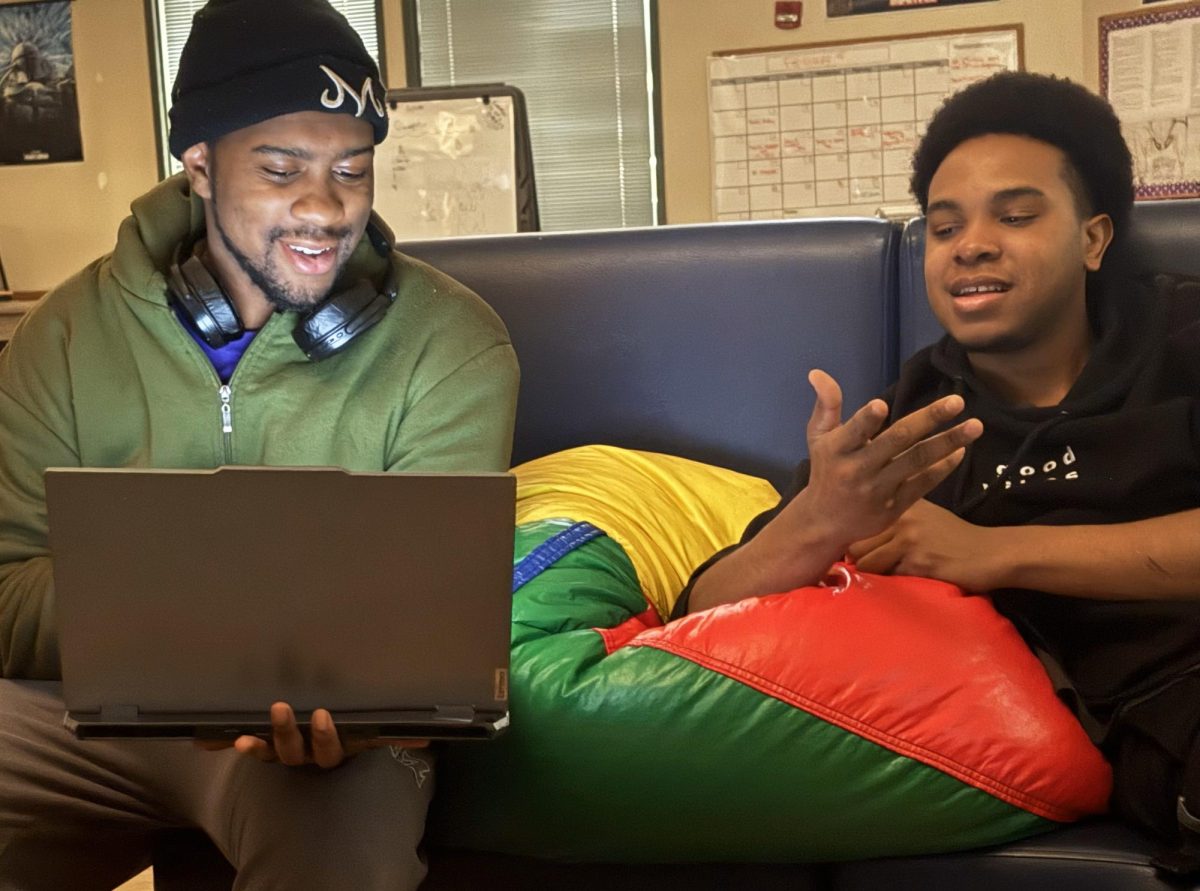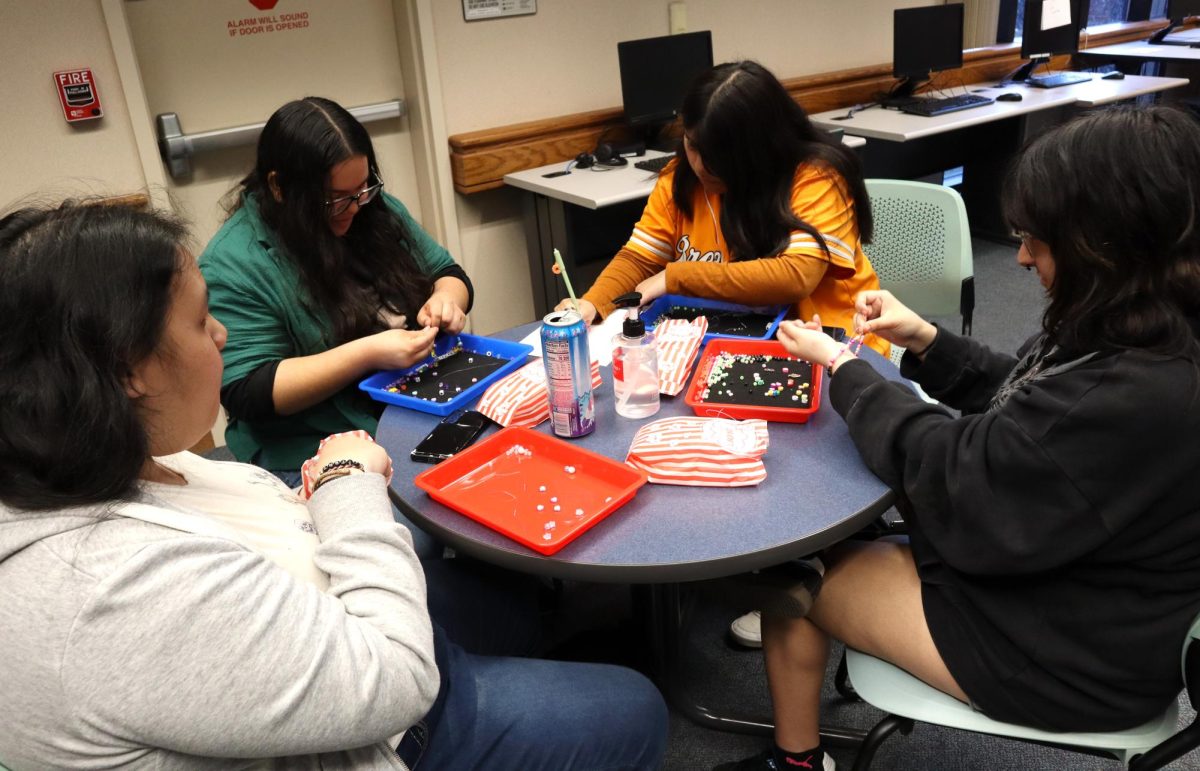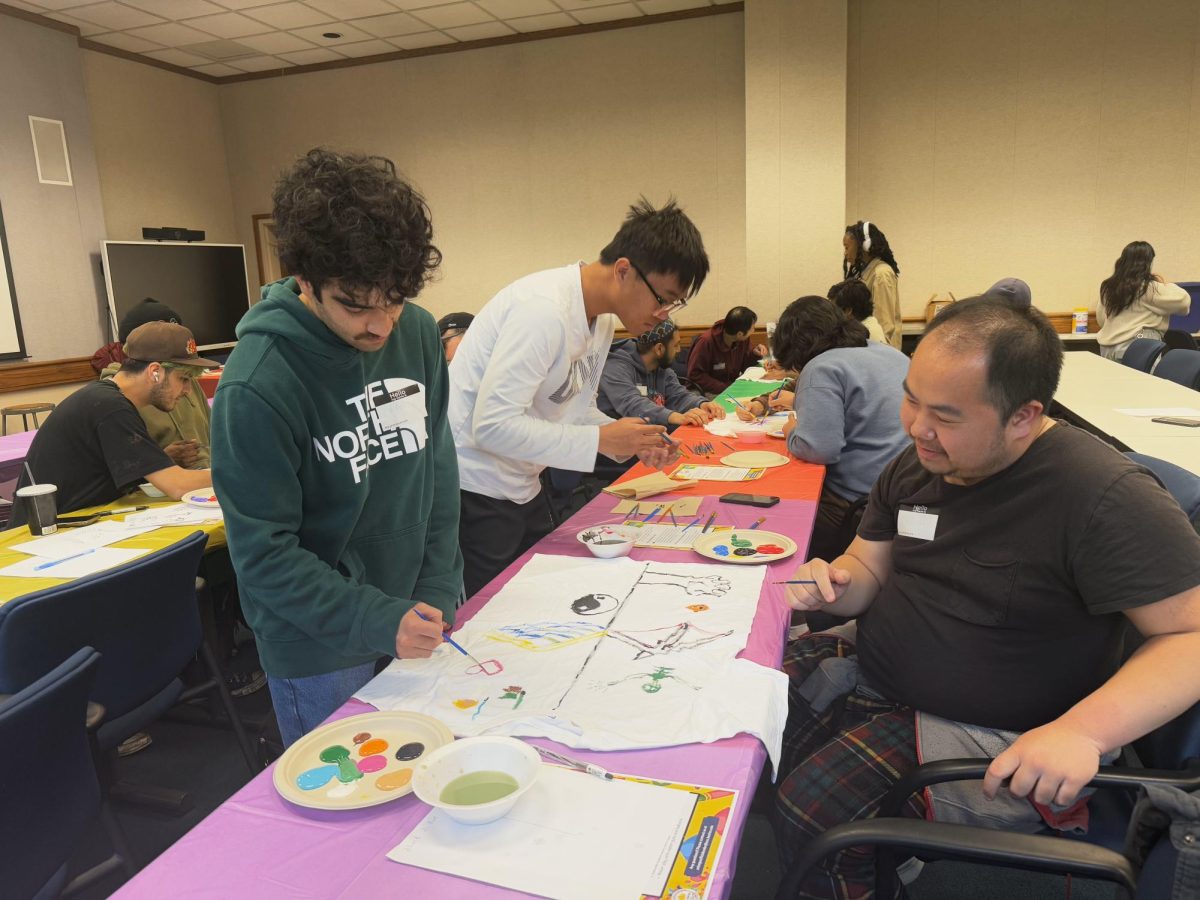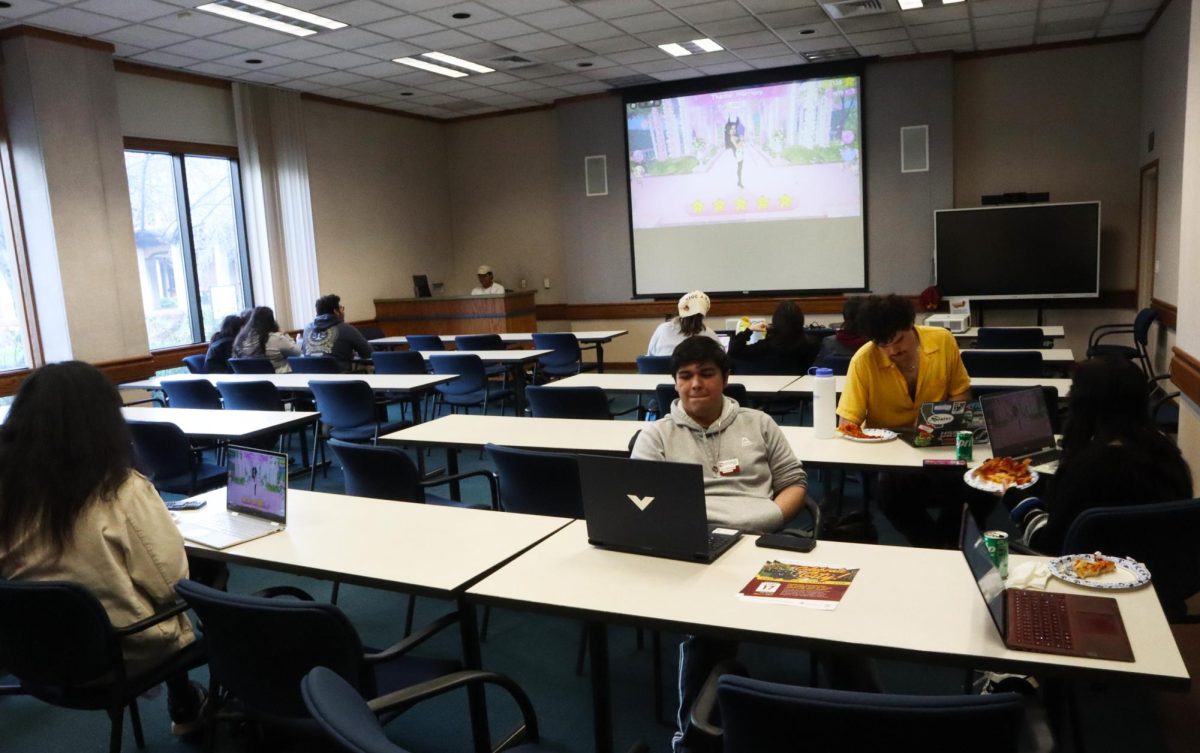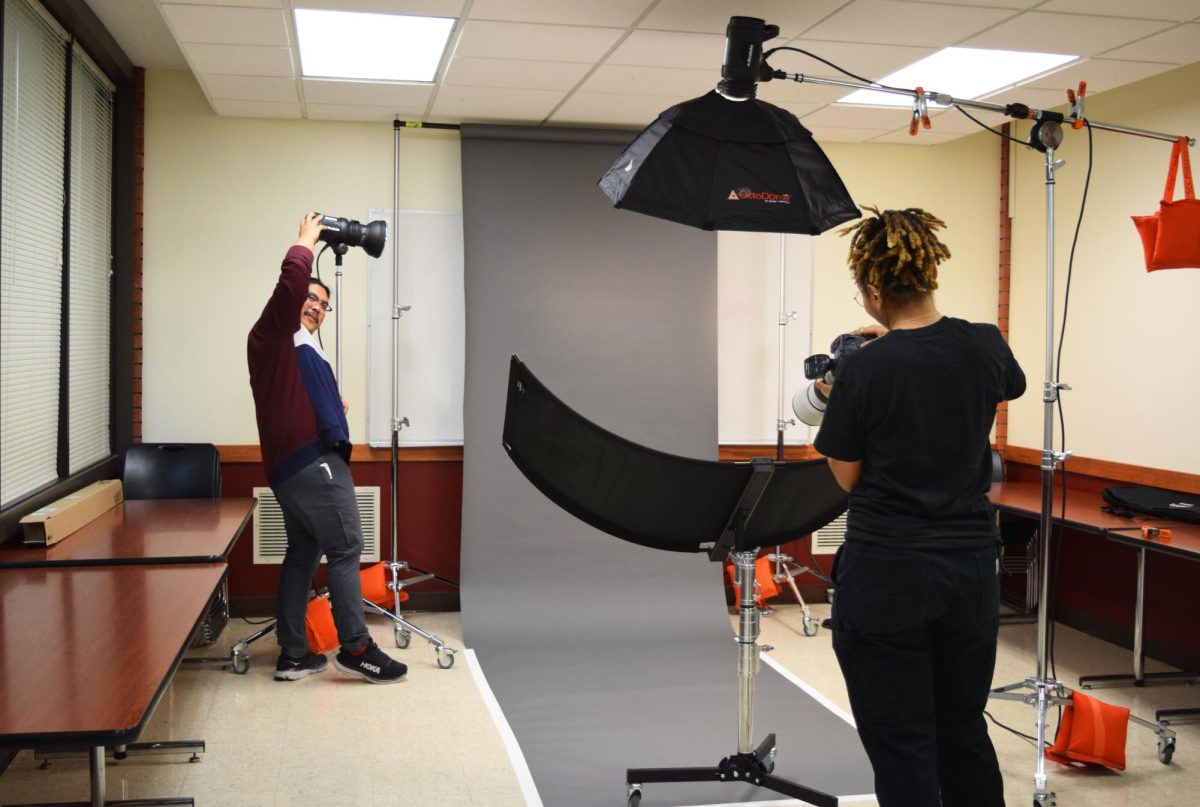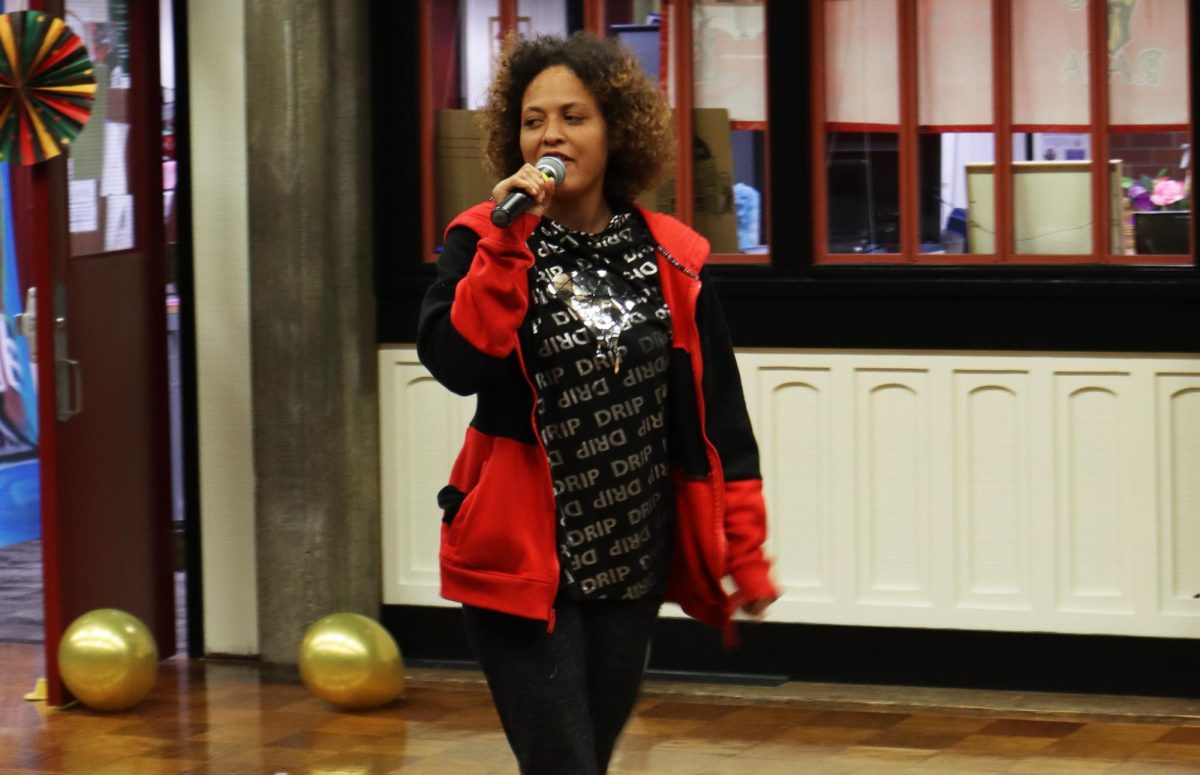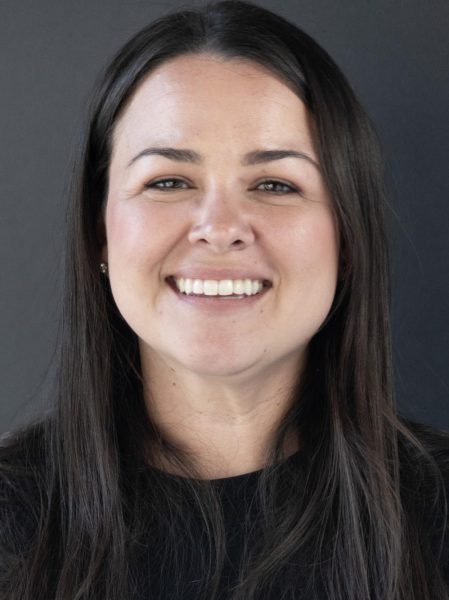A new pilot program that allows social consumption of cannabis in specific dispensaries lounges is coming to Sacramento after Sacramento City Council approved the ordinance in a 5 to 4 vote on Tuesday, Nov. 19.
Public attendance was large for the council meeting, with many people showing up to have their voices heard. Most of the people who spoke during public comment were in favor of the ordinance, though some were opposed to it.
Cannabis became legal in California for medical use in 1996 and for recreational use in 2016. In 2011, California Proposition 64 decriminalized marijuana possession, so instead of it being a misdemeanor or a felony, it is an infraction charge, which is similar to walking tickets or traffic tickets. Since it is legal for recreational use, some community members feel like they should have somewhere in public where they can freely smoke.
“People have the right [to] consume cannabis, and this is just one step,” said City Councilmember Caity Maple during the meeting. “We need to have safe spaces to be able to use it.”
Some community members argue that they have hookah lounges and cigar clubs but nowhere for people to consume marijuana safely and away from the home. Additionally, for residents in Sacramento who are not homeowners, this can be a challenge as a lot of property managers do not allow smoking on their property.
The newly approved program will involve two stages. Stage one allows the consumption of drinks and food infused with cannabis. Stage two allows cannabis products, such as wax pens, pre-rolls and flowers to be consumed in lounges.
Maisha Bahati, the CEO of Sacramento dispensary Crystal Nugs, had the chance to speak during public comment. Her dispensary is the first to be owned by a Black woman in Sacramento. She started off by addressing Mayor Darrell Steinberg and spoke about her business.
“Don’t you want the cannabis industry to align [with] the city growth?” she asked the council. “We contribute 40% of our tax to Measure L. That means you’re relying on our success to fund that program. You’ve invested in me as a core business, and I work very hard to make a return on an investment. So why would you not push to the next business?”
The mayor addressed the room, then the voting began, and when he cast the deciding vote in favor of the ordinance, people clapped, hugged and cried.
“I couldn’t hold my tears. It was incredible because we [have] been [at] this and for so long, and it’s something that I know that it’s going to benefit the city,” Mayra Altamira, a Sacramento resident and cannabis advocate, said.
***
Before the vote, the Express interviewed Mindy Galloway, the CEO of Khemia, a women-owned cannabis manufacturing company in Sacramento.
What inspired you to enter the cannabis industry?
It’s the people and the lives that are changed from cannabis. It gives you a purpose. It gives you meaning, it gives you a mission, and our industry is filled with so much compassion. You know, I come from the medical side, which has so [much] knowledge, benefits, information [that] not a lot of people have access to now. And we’re trying to get that education out there to all of our members, to all our patients, to all of our people, and [it] really helped make a difference in the world.
How do you anticipate this initiative will impact the local community and the cannabis industry in Sacramento?
I think the lounges, specifically [are] such a benefit towards the members. We see about 300 people a day, and it’s a very quick interaction, right? And that’s because it’s a store, it’s a retail store. The ability to have a lounge, to have people there, can create community that people can learn from. We can have journaling sessions about it, [and] integrate wellness into it. Mental health is a huge thing that nobody talks about. There can be different therapies and different things where we incorporate cannabis and wellness, and many different ways because we’re here to heal people.
What immediate changes do you plan to make in your business?
One [is] reading and understanding the piece that’s going to help keep my employees safe, and how to design my building in a way that it’s going to be safe for the people that are there. In addition to gathering [offering] some different resources, different information, and experts that can really help tailor the space into that wellness and education space.
What long-term effects do you think this vote could have on the local cannabis industry?
I think that, well, one, it can help reduce stigmas. I think we are still stigmatized, and so having more people learn about it can really help us. Also, we can keep people safe. We don’t want them to smoke outside, we don’t want them to smoke in their homes, we don’t want them to smoke in their apartments, and there is really no place for them to go.
How do you address concerns from community members who may oppose cannabis businesses?
There’s just a lot of misinformation, in my experience. I’ve been in this industry for over 10 years, and we’ve helped so many cancer patients. We haven’t really been able to research cannabis because it hasn’t been federally legalized. So, once that does happen, if that happens in the future, there’ll be a lot more data, a lot more access to this information. I understand the concern, and we will do what we can to mitigate smoke as much as possible, but I would love to dive into that with the people and have collaborative communications around data and around what really is the truth when it comes to cannabis smoke and how it affects people.
How can City College students get involved, whether through education, jobs or advocacy?
I think that there’s so much opportunity for everybody. You have to just get in it, be a budtender, work with the plants, get your hands in it, [and] connect with it because it’s bigger than just a job [or] career. This is something that people are passionate about because they connect with it in their lives, and it’s helped a lot of people personally. I’ve seen a lot of people that come into the industry because they’ve been so impacted in their personal lives from it. So just get in there and start learning. Once you get into a budtending position, you learn about what people are asking for, [and] what the needs are. You got to know your customers, you got to know how it’s gonna be effective for them. Get in there and then ask questions and learn and don’t try to race it, be patient about it and take your time.
This Q&A has been edited for length and clarity.








